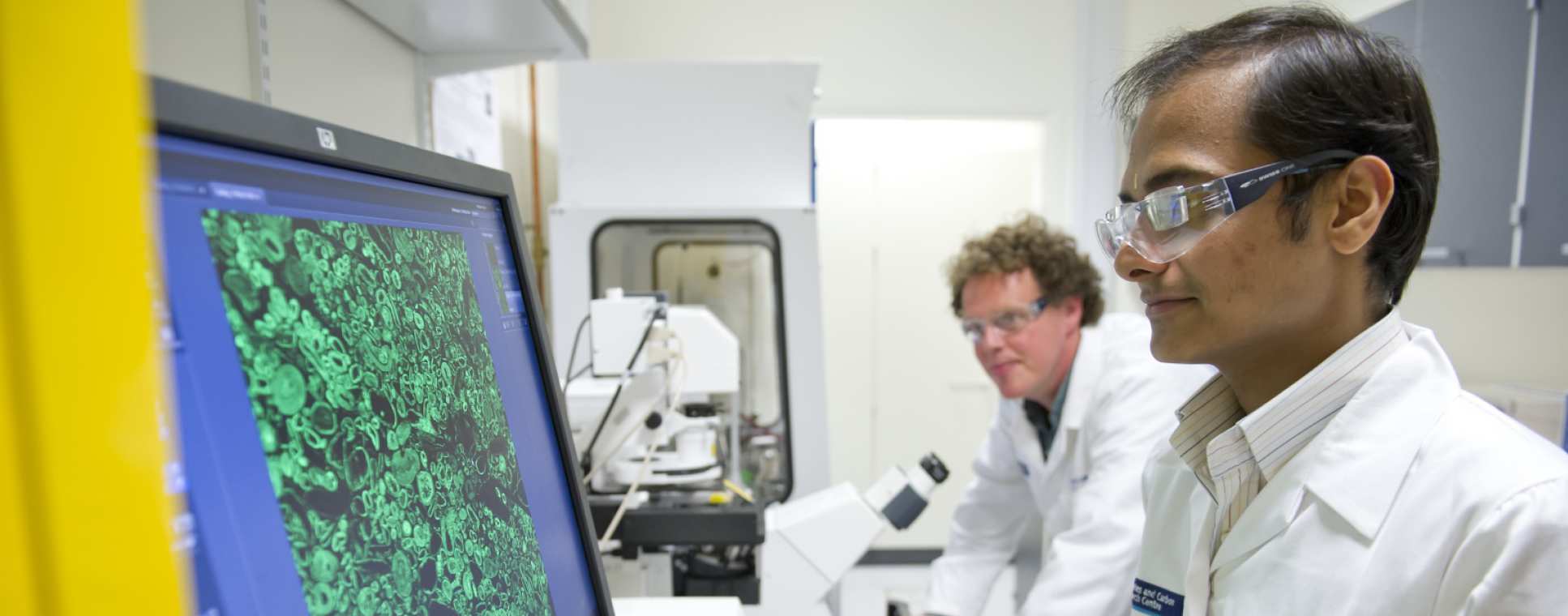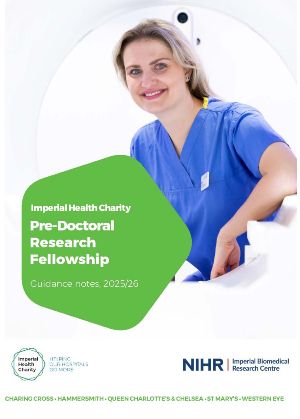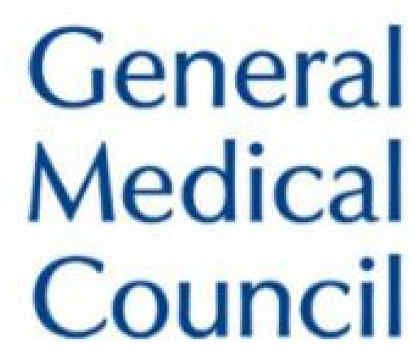
Imperial College London is proud to have one of the largest cohorts of National Institute of Health and Care Research (NIHR) clinical academic trainees in the UK. We currently have approximately 80 NIHR and locally funded Academic Clinical Fellows in posts across Imperial College London and Imperial College Healthcare NHS Trust and associated Trusts across North-West London.
Please see below for information on how these posts are arranged.
Accordion widget - NIHR ACF
- Academic Clinical Fellowship (ACF) Posts at Imperial College London: 2025
- Recruitment and Contract
- CATO ACF Support
- Clinical PhD opportunities after ACF posts
ACADEMIC CLINICAL FELLOWSHIP (ACF) POSTS AT IMPERIAL COLLEGE LONDON: 2025
As in previous years, ACF posts are aimed at providing early research training and exposure. They are also aimed at facilitating an application for a research training fellowship (PhD or MD).
Response Mode Posts
|
ACF Response Mode Post Number 1 |
General Surgery |
|
ACF Response Mode Post Number 2 |
Trauma and Orthopaedic Surgery |
|
ACF Response Mode Post Number 3 |
Urology |
|
ACF Response Mode Post Number 4 |
Respiratory Medicine |
|
ACF Response Mode Post Number 5 |
Genito-Urinary Medicine |
|
ACF Response Mode Post Number 6 |
Endocrinology and Diabetes Mellitus |
|
ACF Response Mode Post Number 7 |
Paediatrics |
Research Theme Posts
We have ACF posts available in cross-disciplinary research themes to which candidates from a restricted selection of specialties may apply. Applications to these posts should be made through the Oriel online recruitment portal.
Candidates applying for research themed posts must be aware that potential research projects will be within the research theme as advertised.
|
ACF Research Theme Post Number 1 |
Cardiology (Theme: Digital) |
|
ACF Research Theme Post Number 2 |
Histopathology (Theme: Digital) |
|
ACF Research Theme Post Number 3 |
Infectious Diseases (Theme: Prevention and Public Health) |
|
ACF Research Theme Post Number 4 |
Paediatrics (Theme: Prevention and Public Health) |
|
ACF Research Theme Post Number 5 |
Anaesthetics (Theme: Clinical Therapeutics & Pharmacology & Industry) |
|
ACF Research Theme Post Number 6 |
Haematology (Theme: Clinical Therapeutics & Pharmacology & Industry) |
|
ACF Research Theme Post Number 7 |
Neurology (Theme: Dementia) |
|
ACF Research Theme Post Number 8 |
General Practice (Theme: Clinical Education Research ) |
Recruitment
Recruitment for all ACF opportunities on the Integrated Academic Training programme is conducted via NHS England regions and managed through Oriel, the national NHS online recruitment system. For Imperial College London, recruitment to ACF posts is coordinated by the London NHSE London and Kent, Surrey and Sussex (LaKSS) Recruitment team.
Details are available on the NIHR website and the London LaKSS Recruitment site.
Recruitment windows usually open in October/November for posts starting in the following September. ACF opportunities at Imperial College London are available in different specialties each year.
ACF posts are designed to include 25% time learning and carrying out academic research, usually as three-month blocks per year, combined with 75% time in clinical training. The posts are for a fixed term of 3 years. The ACF awards use clinical training opportunities on current GMC approved training programmes. At Imperial, these opportunities are available in most GMC defined medical specialties. Once in the programme, London academic trainees are administratively overseen by the Integrated Academic Training Team (IAT) in NHS England, London and Kent, Surrey and Sussex . The IAT team at HEE has good links with and regularly liaises with members of the Imperial AHSC CATO team on matters relating to the administration of NIHR clinical academic training programmes. Day-to-day management is by clinical and academic supervisors and training programme directors at Imperial.
NIHR IAT ACF Post Funding
Imperial ACF posts are 100% NIHR-funded (excluding on-calls and banding) for three years. The rotating trust for clinical training is the employing body and an honorary contract is set up with the medical school. Details of all ACF appointments, recruited on our behalf by NHS England, are shared with the relevant trust HR Teams via the NHSE trust portal once they have been finalised.
All ACF trainees in post will have their salaries funded at 100% for the duration of the academic award - whether working in the clinical or academic component of their academic programme.
Trust employers will receive funding through the quarterly Learning and Development Agreement (LDA) process. If you have any queries about the funding process, please contact educationcontract.london@hee.nhs.uk.
Contract
Imperial ACFs will have a contract with Imperial College Healthcare NHS Trust or another NHS Trust and an honorary contract with Imperial College London. Honorary contracts normally run concurrently with the substantive contract and are issued to allow trainees to work in the organisation where they do not have a substantive contract.
Contracts will be issued by the relevant HR department and coordinated at departmental level by Imperial College London and Imperial College Healthcare Trust. There are a number of requirements, checks and different forms to fill out in order to finalise the contracts and it can take some time to complete, so trainees are advised to make contact early and establish who their departmental administrators are to assist them with these tasks. This is particularly important for trainees who are new to the College or Trust who will have to complete a more comprehensive process than those who have been employed by Imperial before.
Clinical Academic trainees will also be required to complete other routine HR new starter and induction formalities such as collection of ID cards and completion of induction training activities such as Information Governance Training and other statutory and mandatory training.
For queries about Imperial College NHS Trust contracts please contact the following:
- Imperial College Healthcare Trust HR
Human Resources Department, Medical Personnel (imperial.honorarycontracts_doctors@nhs.net)
Funding and bursaries
There are currently three sources of funding available to Imperial NIHR academic clinical fellows to support their research. Each fund has a distinct purpose, eligibility criteria and application process - and all three are coordinated through the CATO Team. Academic trainees are advised to consider their academic training, research consumables and skills development needs early on in their programmes in order to achieve maximum benefit from the funding available. See our funding webpage for further information.
The three funding sources for ACFs are listed below:
- National Institute of Health Research Bursary for Academic Trainees
- Imperial Biomedical Research Centre (BRC) funding
- Research Training Programme Award (RTPA)
Events
Trainees in NIHR funded ACF posts may wish to continue to develop their research careers after the ACF post and undertake a PhD. Imperial College London provides an ideal environment to undertake research. A number of different funding bodies provide clinical research training opportunities and programmes of academic research at Imperial, such as the Wellcome Trust and Medical Research Council (MRC).
These include:
- Immunity, Inflammation, Infection and Informatics clinical PhD fellowships, funded by the Wellcome Trust, NIHR Imperial BRC and other funders
- Chain-Florey Clinical Research Fellowships, funded by MRC London Institute of Medical Sciences (LMS)
- PhD opportunities in Molecular Bacteriology and Infection, funded by the MRC Centre for Molecular Bacteriology and Infection (CMBI)
- AI for Healthcare-UKRI Centre for Doctoral Training
Visit the list of PhD opportunities in the Faculty of Medicine for details about other PhD opportunities.
Useful links
Contact us
The CATO Team and Radiographers Incubator work on a Hybrid model, combining days in the office with days working from home – the best way to reach us is by email.
cato@imperial.ac.uk
radresearch@imperial.ac.uk
+44 (0)20 3313 7397



